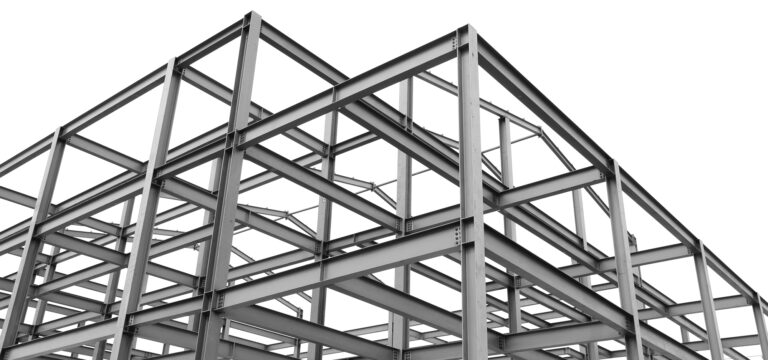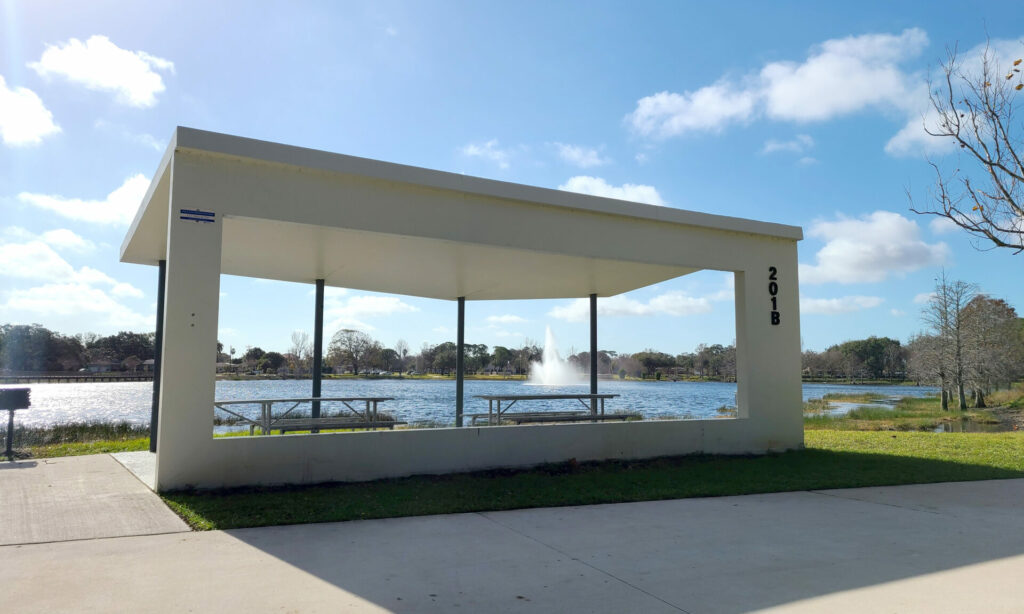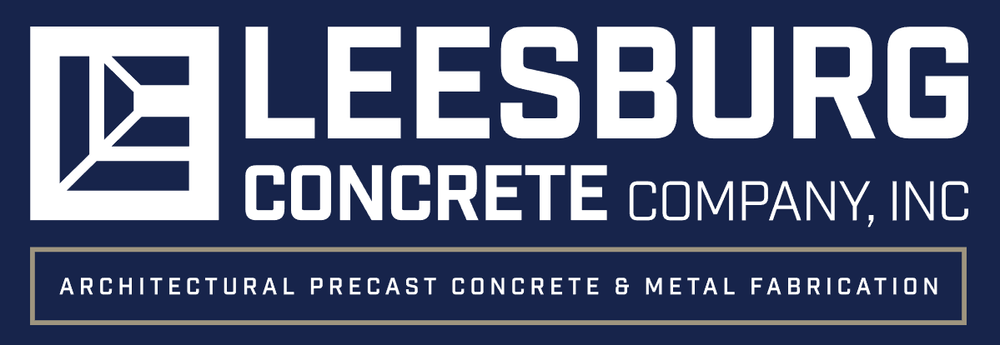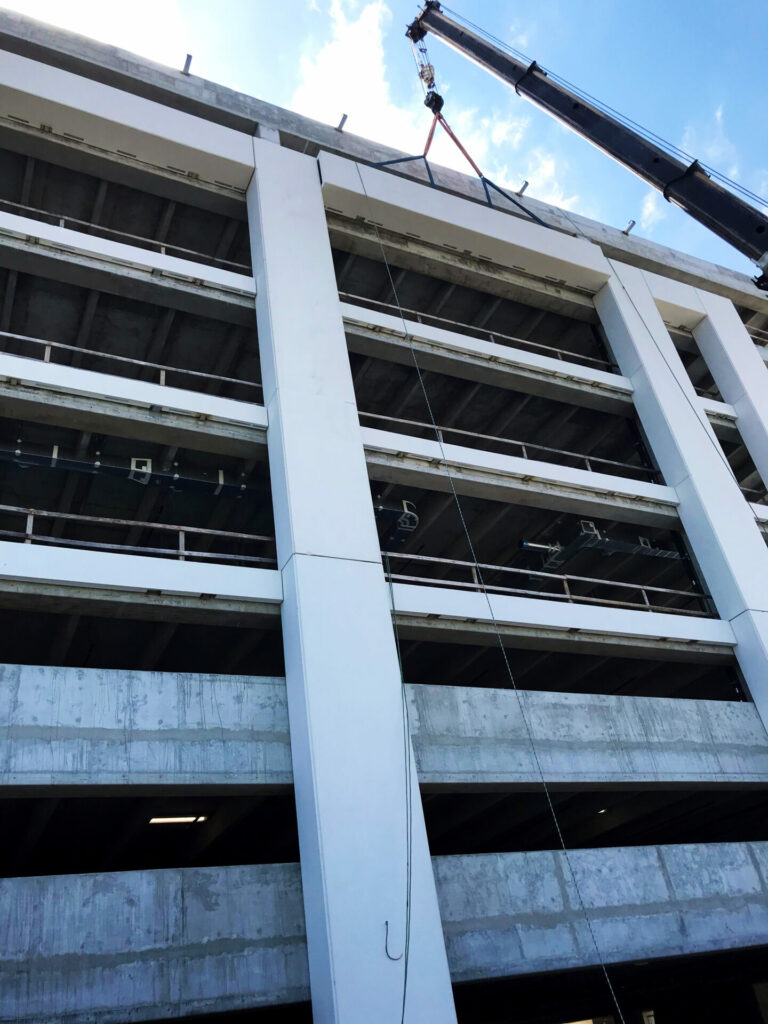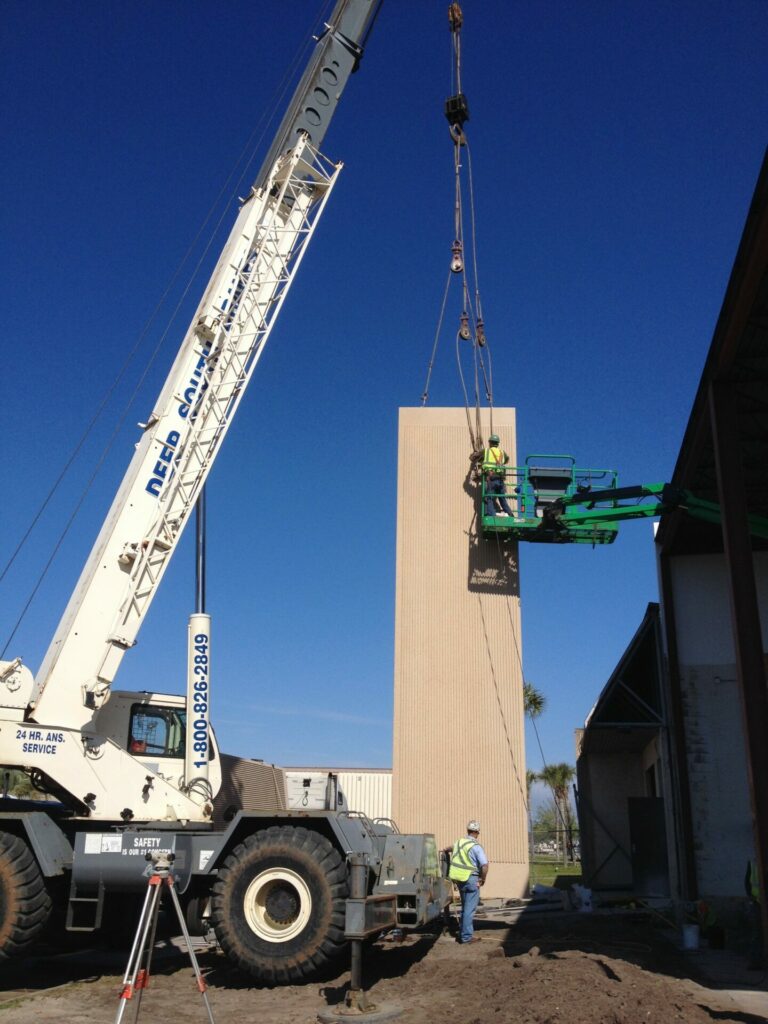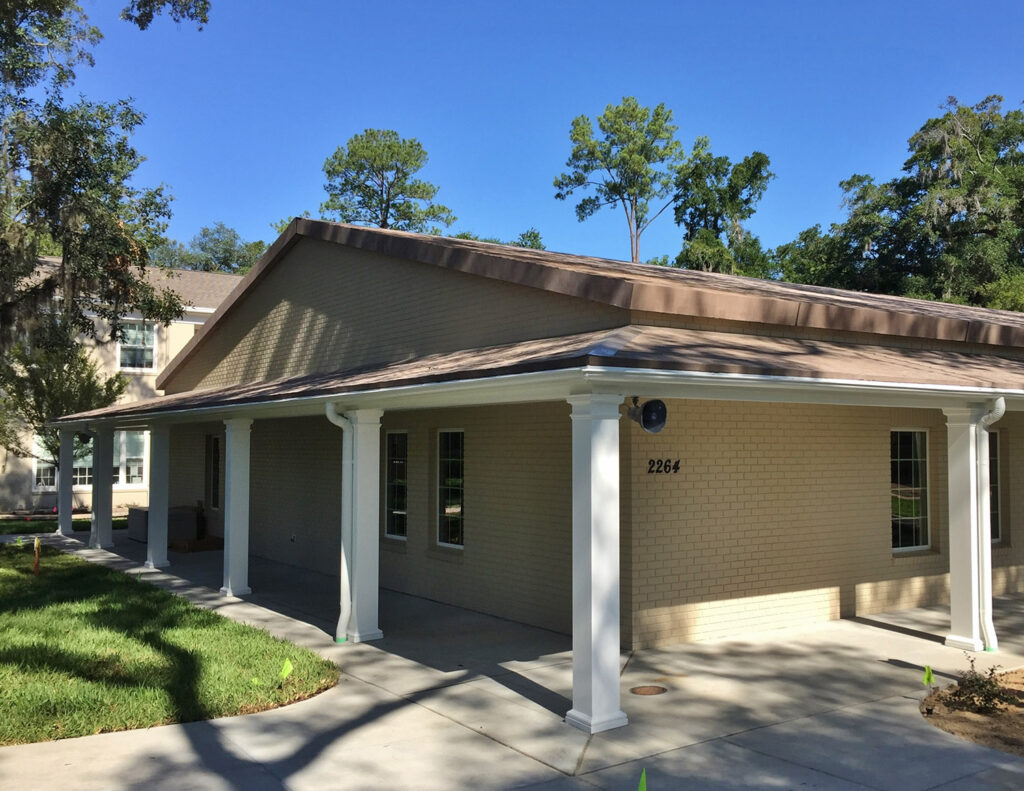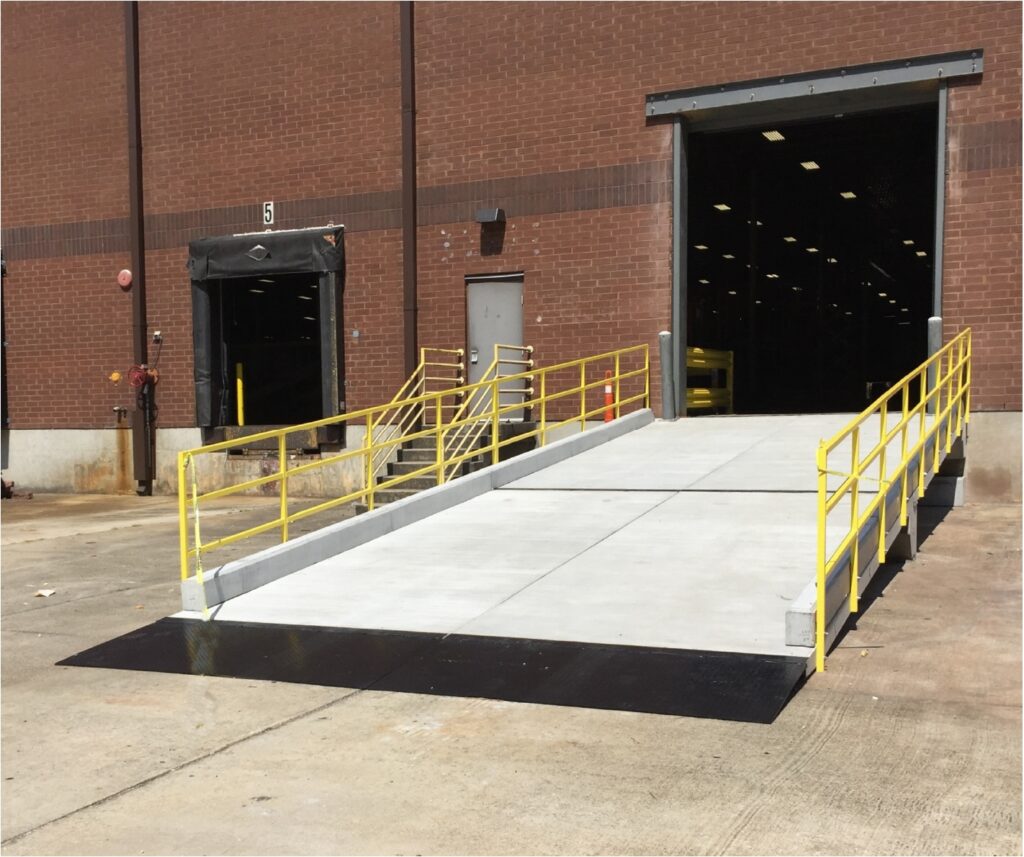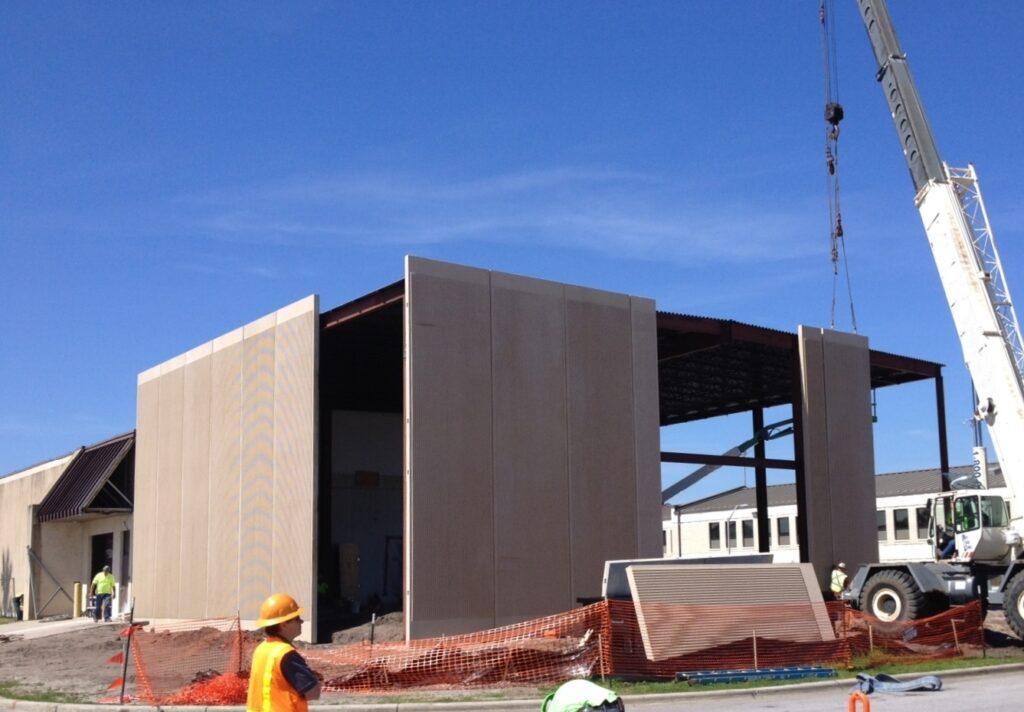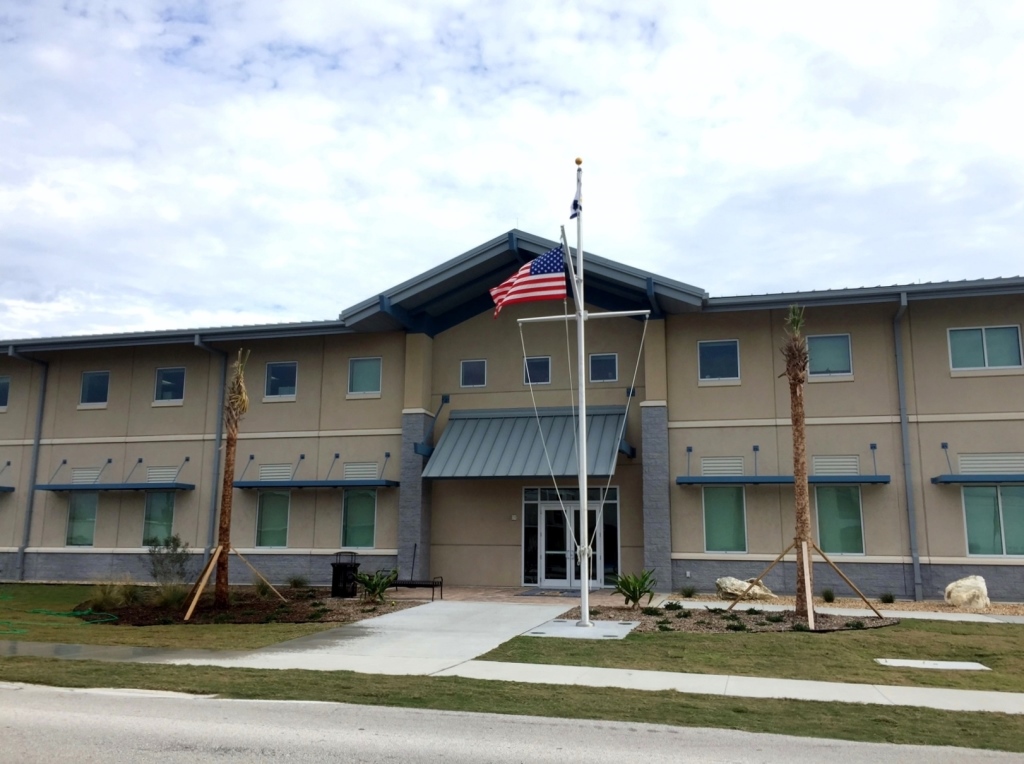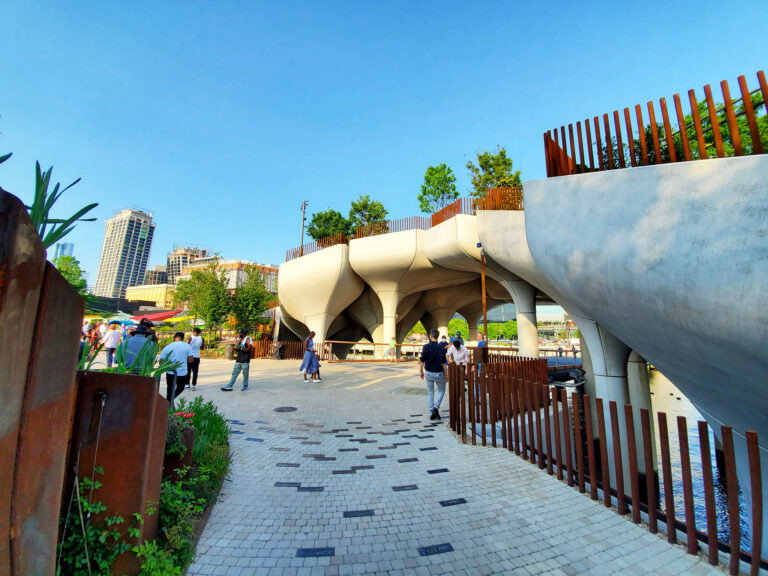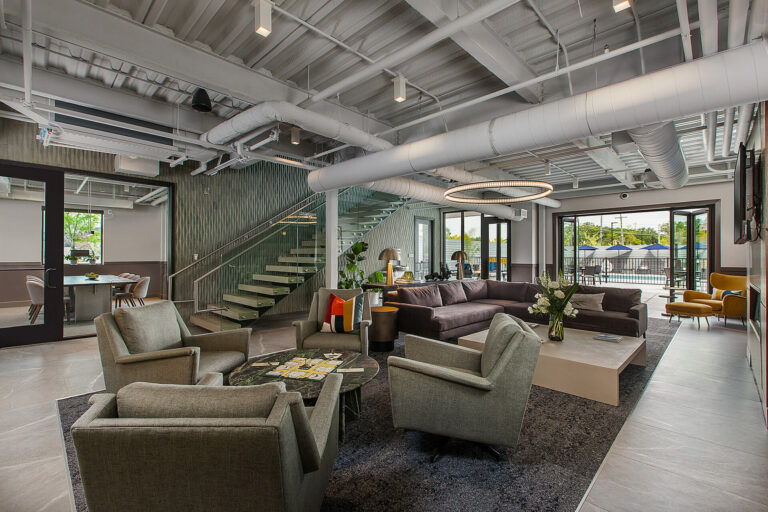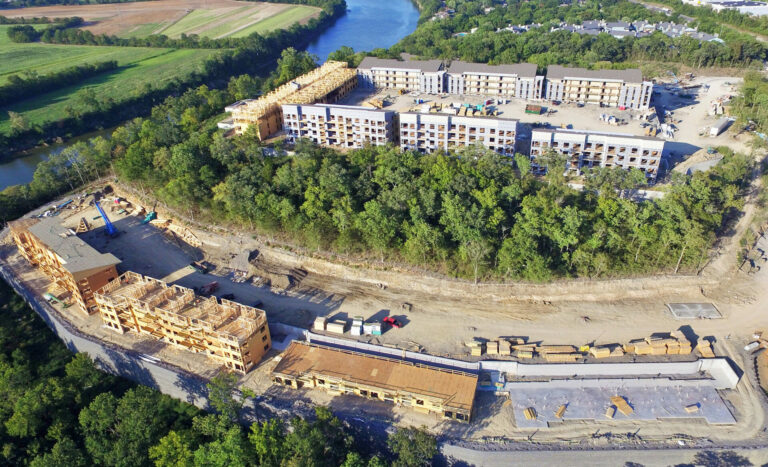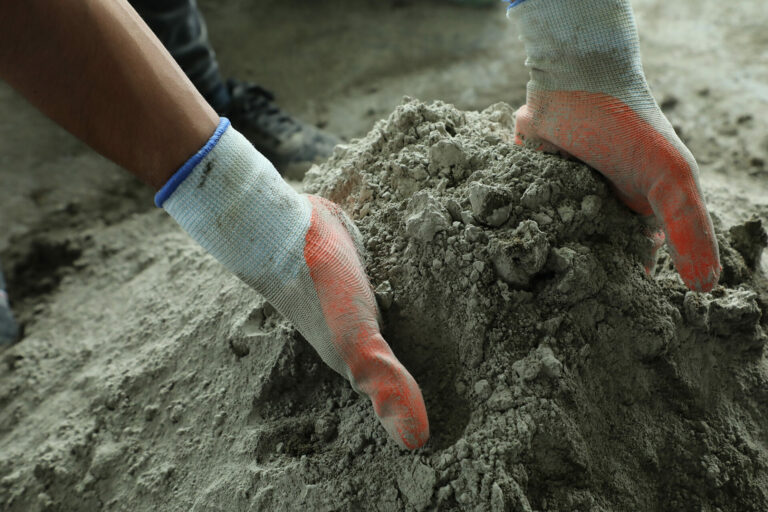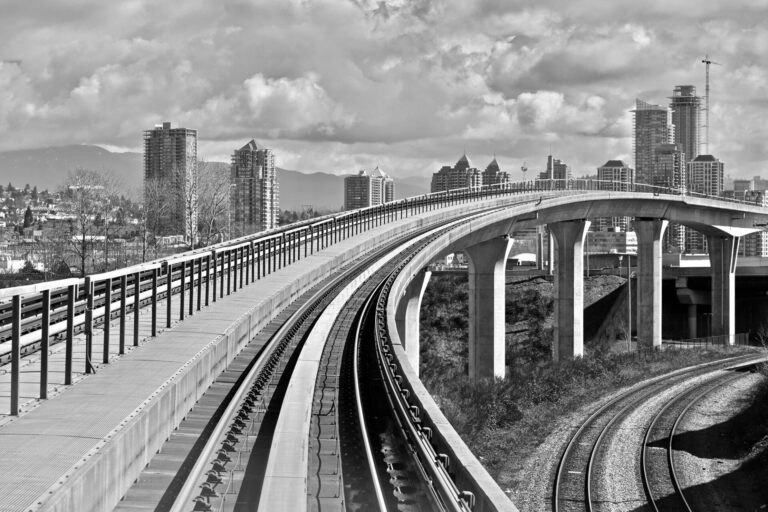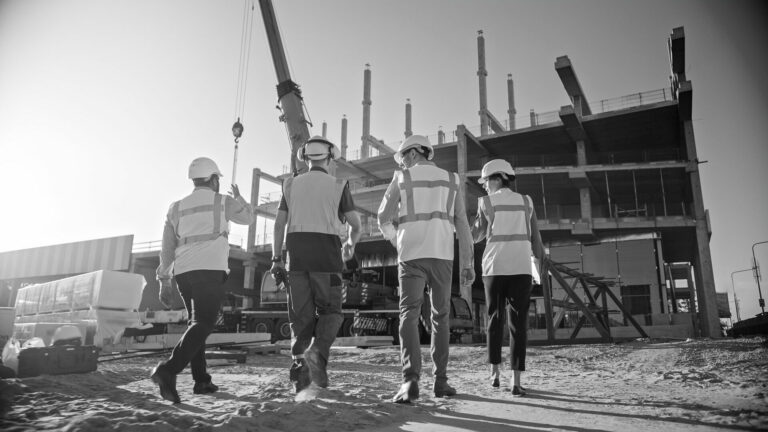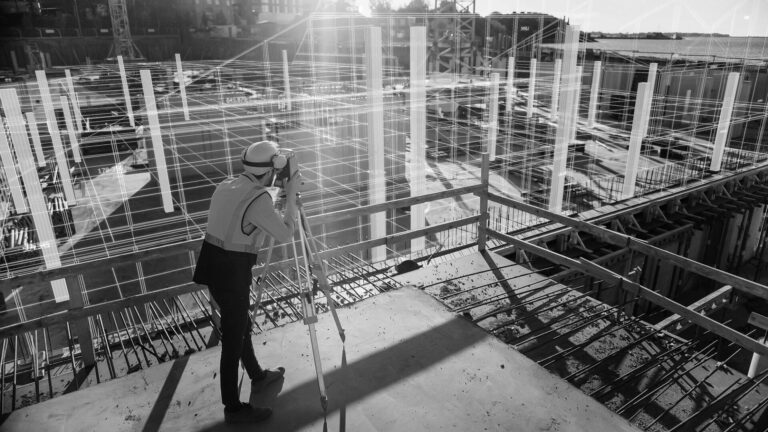The precast concrete sector is one of the fastest growing areas of the construction industry in North America. While a relatively new product – a patent for the process of creating precast concrete paneled buildings was first awarded in 1950—it has increased in reputation and demand in recent years. While the process and product may seem restrictive, being made in a modular fashion, the reality is that precast concrete lends itself to a wide range of creative and innovative applications. Florida-based Leesburg Concrete Company, a PCI-certified precast and architectural concrete producer, is one such company that pushes the boundaries in both regards to excellent effect. In addition to architectural precast concrete cladding, the company produces stairs, wheelchair ramps, loading dock ramps and steps for clients. What sets the company apart from its competitors, however, is that Leesburg also works on custom precast concrete buildings which are designed and produced to client’s individual needs.
Founded in 1983, Leesburg Concrete Company recently celebrated its 40th anniversary. For Kirk Rouse, President, it is a significant milestone and a testament to the company’s hard work and innovation. “We have had a unique history, growing organically over the past 40 years after starting out as a small block company that produced only split-faced blocks.” These humble beginnings soon grew into a rich and varied product line such as the production of precast concrete steps. However, it was the enforcement of the Americans with Disabilities Act in the late 80s that saw the company take off. In the first of its many feats of innovation and creativity, Leesburg developed a modular code-compliant wheelchair ramp made with precast concrete. As Rouse explains, by also manufacturing the railings for these ramps, the company can be a one-stop-shop for clients. “By making the accompanying railings, we provided a pre-engineered, code-compliant wheelchair ramp that would be delivered and installed on various buildings where access was needed, per the building code.”
Unsurprisingly, this period of growth and success led to the need for expansion. In 2009, the company built and opened a new state-of-the-art plant which incorporated the newest technology and allowed Leesburg to expand its metal fabrication services. This significant addition is home to some of the company’s larger projects such as the state-approved precast concrete classroom. This alternative to mobile classrooms and trailers enables fast-track construction for projects of high-importance. Engineered to withstand 200-mile-an-hour winds, Rouse believes that the classrooms will be an important facet in the company’s ongoing growth. “They are definitely something for the future as they provide an excellent alternative to the trailer-type modular classrooms that currently exist.”
As the precast concrete sector grew and expanded, it became ever more important that Leesburg Concrete stood out from what was becoming a crowded market. By adopting a flexible and creative approach to the products and projects it completed, the company was able to pivot as required. As Rouse says, this flexibility and skill has ensured the company can thrive. “We have experienced steady, ongoing, organic growth. A lot of that has come from our ability to take on projects that others may not have had an interest in.” By hiring and retaining the highest-quality staff in the sector, Leesburg has been able to develop its services and range. Rouse notes that many of the company’s employees have been there for many years. “We have a great team of people, and it has been enjoyable to grow the company, and equally enjoyable to watch the team members grow along with us over the last 40 years.”
“The goal for Leesburg Concrete is to continue what it does best: innovation and excellence.”
This experience, Rouse believes, is a hugely contributing factor to its success. “At Leesburg Concrete, our artistic talent allows us to work on the custom or niche projects. With these types of applications, we know how to build them, so we can approach them with a full understanding of what the necessary steps are. This all comes from our development and our growth. The company has come a long way from being a small block company to being a company that’s installing 35-foot-tall architectural panels on the Orlando International Airport.”
Far from being an exaggeration, this admission is accurate and well-deserved. Leesburg Concrete has been an integral part of the airport’s massive expansion project. A long-term piece of work, phase one of the project –situated in the South Terminal—has recently been completed. In a further example of just how adaptable the company is, Leesburg Concrete worked on both the land and air sides of the project with Turner Kiewit and Hensel Phelps respectively. It provided integrally colored architectural precast concrete panels in a range of different sizes, which involved drawing, producing, engineering, delivering, and erecting the products on-site. With phase two now underway, Leesburg Concrete is once again involved. While itself a slightly smaller project, Rouse shares that it is finally underway after a COVID enforced delay. “The project is back on track and moving forward.”
With the company celebrating such an important milestone, it is no surprise to learn that its forty-year journey has brought many high-profile projects. In addition to having worked on “just about every military base in the south-eastern United States,” Rouse explains that Leesburg Concrete has partnered with many of the largest general contractors on a wide variety of jobs. From providing the precast for projects to producing floor-to-floor stairs for structures such assisted living facilities, hotels, multi-story buildings, elevator shafts and stair shafts, the company has seen it all. Recently however, the company has been taking things to a whole new level. Leesburg Concrete completed work on four buildings for SpaceX. With a specification requiring blast-proof buildings for the spacecraft manufacturer’s launchpads, Leesburg Concrete used its vast experience and skill to engineer custom designs that can withstand the blast load.
With a large number of projects being carried out this year across its engineering, pre-production, and production services, the rest of the year is shaping up to be a busy one. However, the goal for Leesburg Concrete is to continue what it does best: innovation and excellence. For Rouse, these abilities are why Leesburg Concrete is in a very good place. He believes that through a combination of its custom designs and ability to execute intricate projects, the company has truly set itself as an outlier. “We are unique in the precast industry and that has enhanced both our growth and our product line offerings. Typically, precast companies produce a finite line of products. Leesburg Concrete has taken a different approach by listening to the customers’ needs. By doing that, we are building the forms, and coming to the market with what the client wants.”
After forty years in business, Leesburg Concrete has amassed a reputation for excellence and creativity. For Rouse, the experience has taught him many things. Relationship building, innovation and adaptability are all crucial aspects for any successful business, and much is built on them. However, in an environment that is growing and changing on a near constant basis, there must be one thing above all else: movement. “The future looks good, and we will just continue to move forward. I used to think there was a destination, but it is actually an ongoing journey. Despite all this time, and the changes we have seen, it is still a journey.”








